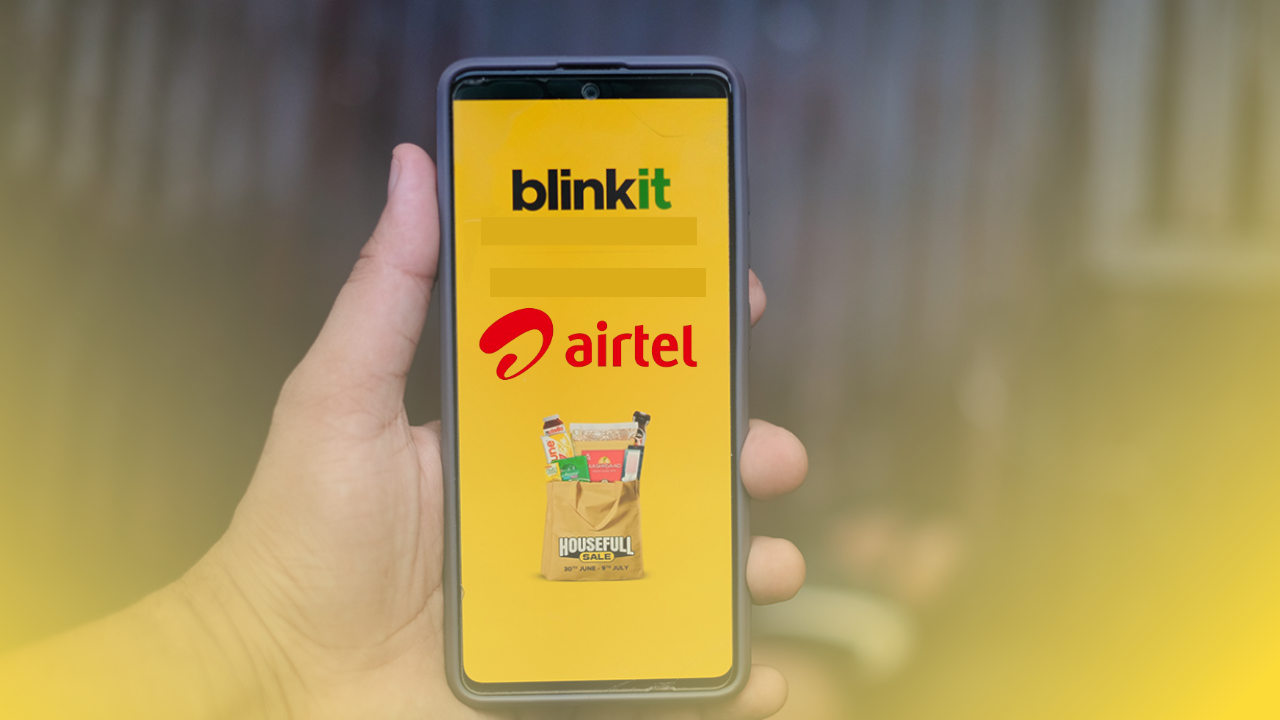Airtel has put its recently launched 10-minute SIM delivery partnership with BlinkIt on hold after the Department of Telecommunications (DoT), under the government of India, queried Airtel on the processes being followed in the same offering. Furthermore, the department also instructed the telco to comply with the stipulated norms, ET reports.
The department circulated emails to various Telecom Service Providers (TSPs) to ensure that the existing self-KYC processes are followed scrupulously as per the extant instructions. As per the sources, the services haven't been discontinued, but have been put on hold, a person privy to the development said, ET reports. Moreover, a quick search on BlinkIt for Airtel SIM doesn't yield any response.
10-Minute SIM Delivery
Bharti Airtel had announced a partnership with Blinkit, the quick commerce platform, to deliver SIM cards to customers within just 10 minutes. This collaboration aims to allow customers to receive SIM cards at their doorstep for a nominal convenience fee of ₹49, marking a significant milestone in customer service.
To read our previous report on the same, click here!
Initially, the SIM delivery service will be available in 16 major cities, including Delhi, Gurgaon, Faridabad, Ahmedabad, Surat, Chennai, and Bhopal, among others.
Easy Activation Conceived
Once the SIM card is delivered, customers can quickly activate their number through Aadhaar-based KYC authentication. They have the option to select either a postpaid or prepaid plan or use Mobile Number Portability (MNP) to switch to the Airtel network. For added convenience, an online link is provided to a step-by-step activation video, making the entire process smooth and hassle-free.
To read the latest update on Starlink's plans in India, click here!
It was set to mark a new era as the quick commerce segment made its entry into the telecom market. This held the potential to even disturb the balance of the retail telecom market.




